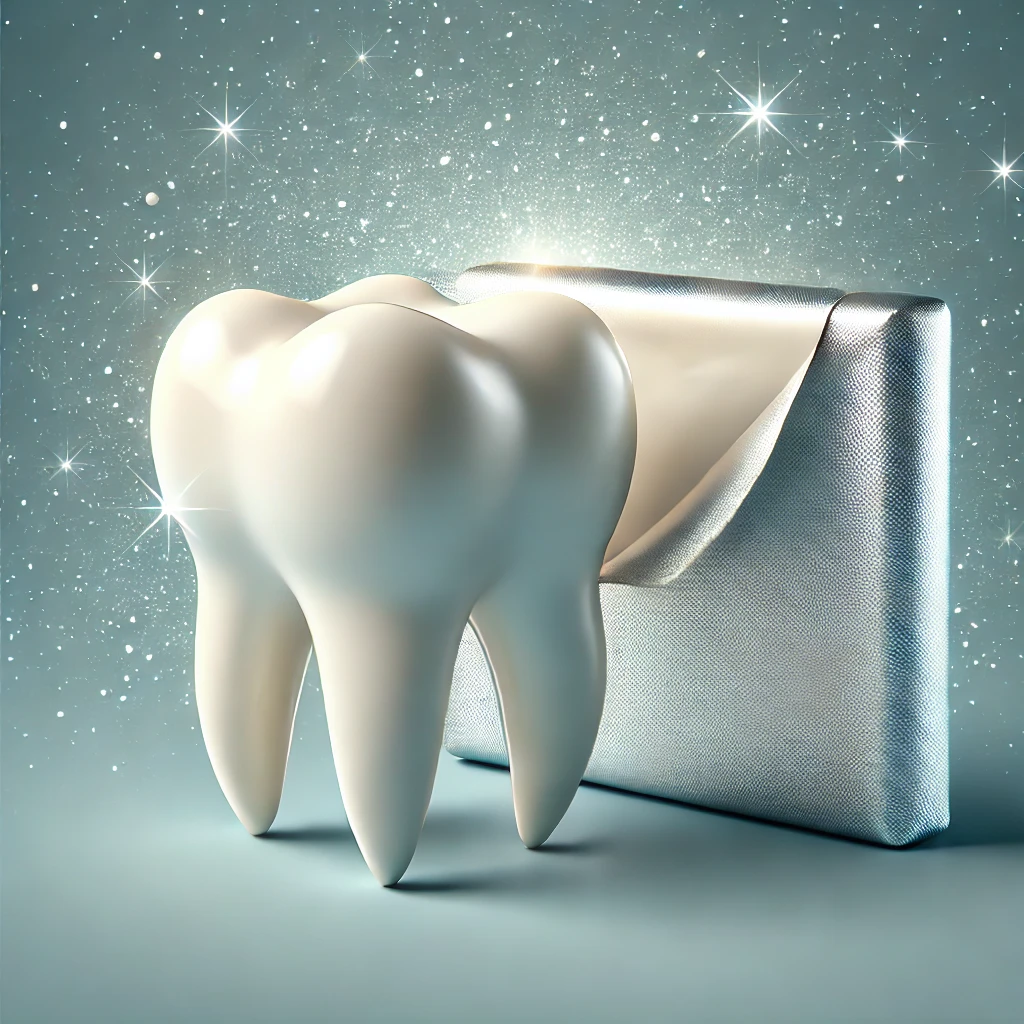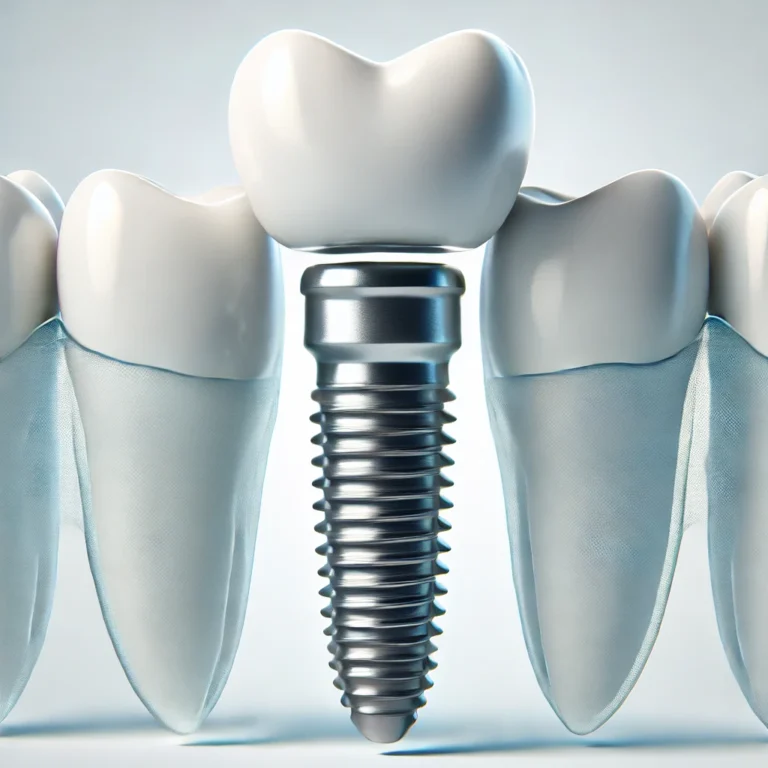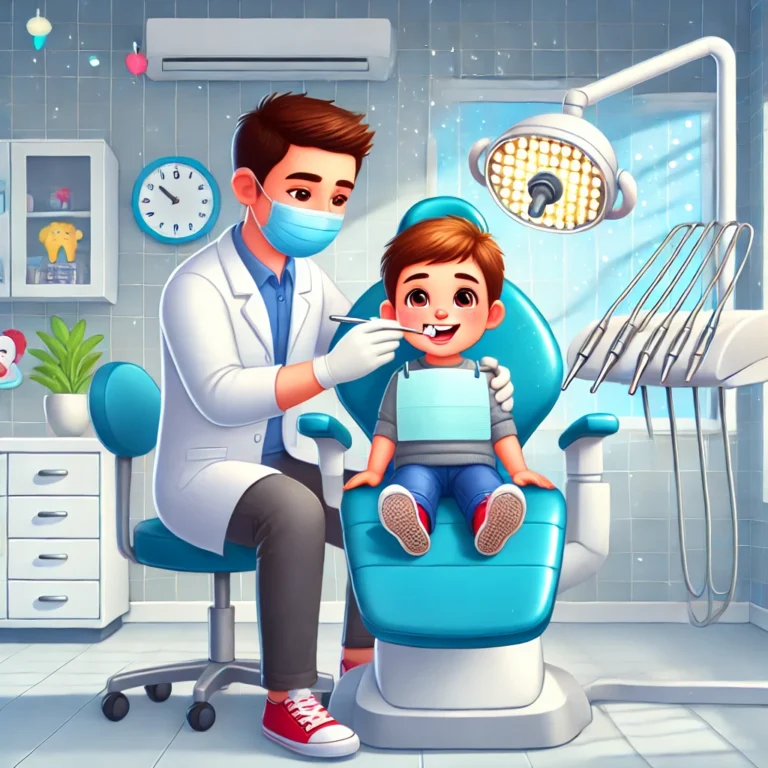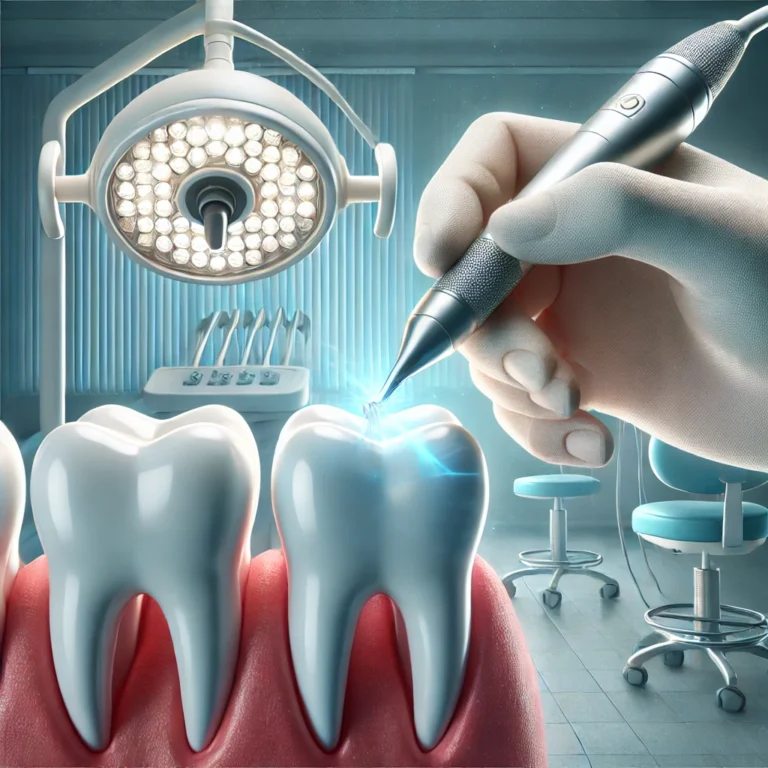
Chewing gum is often associated with freshening breath or a quick distraction, but did you know it can also benefit your oral health? Sugar-free gum, in particular, has been shown to support dental hygiene in meaningful ways. However, it’s not a cure-all, and understanding its benefits and limitations is key to incorporating it into your routine.
This article breaks down how chewing gum can improve your oral health, when it’s most effective, and where it falls short.
How Chewing Gum Benefits Your Mouth
Chewing gum stimulates saliva production, which is essential for maintaining oral health.
The Role of Saliva
Saliva acts as a natural defense system for your mouth. It:
- Neutralizes acids produced by bacteria, protecting against enamel erosion.
- Washes away food particles and debris, keeping your teeth and gums clean.
- Delivers essential minerals like calcium and phosphate, which help remineralize weakened enamel.
Studies show that chewing gum can increase saliva flow significantly, especially in the first few minutes, making it an excellent way to protect your teeth after meals.
Why Sugar-Free Gum Is the Best Choice
Not all gums are created equal, and sugar-free varieties offer distinct advantages over traditional sugary gums.
Cavity Prevention
Sugar-free gum doesn’t feed harmful bacteria in your mouth the way regular gum does. Many sugar-free options contain xylitol, a natural sweetener that inhibits the growth of bacteria like Streptococcus mutans, a leading cause of cavities.
Dry Mouth Relief
If you suffer from dry mouth, chewing gum can stimulate saliva production and alleviate discomfort. This is particularly helpful for people with xerostomia or those taking medications that reduce saliva flow.
Temporary Fresh Breath
Chewing gum can quickly mask bad breath, making it a handy on-the-go solution. However, it’s important to address the underlying causes of bad breath for a more permanent fix.
The Limitations of Chewing Gum
While sugar-free gum offers benefits, it’s important to recognize its limitations.
Not a Substitute for Brushing and Flossing
Chewing gum cannot remove plaque or clean between teeth the way brushing and flossing can. It’s a complementary tool, not a replacement for these essential habits.
Temporary Effects
The benefits of gum, such as fresh breath and increased saliva flow, are short-lived. For long-term protection against cavities and gum disease, a consistent oral hygiene routine is crucial.
Jaw Discomfort
Chewing gum excessively can lead to jaw strain or exacerbate temporomandibular joint (TMJ) disorders. If you experience jaw pain, limit your gum-chewing habits.
When Chewing Gum Works Best
For maximum effectiveness, chew sugar-free gum at specific times to support your oral health.
After Meals
Chewing gum for about 20 minutes after a meal helps neutralize acids and remove food particles, especially when brushing isn’t an option.
Between Brushings
If you’re on the go, sugar-free gum can help maintain your oral hygiene between regular brushing and flossing sessions.
The Science Behind Xylitol
Xylitol, a natural sweetener found in many sugar-free gums, offers unique oral health benefits.
How It Works
Xylitol reduces the ability of bacteria to stick to tooth surfaces, which helps prevent plaque formation. It also promotes remineralization by increasing saliva flow and delivering essential minerals to enamel.
Proven Results
Studies have shown that chewing gum with xylitol can lower cavity risk by reducing the levels of harmful bacteria in the mouth. Regular use may significantly improve overall oral health.
Tips for Choosing the Right Gum
Not all sugar-free gums provide the same benefits. Here’s how to pick the best one:
- Look for the ADA Seal: The American Dental Association (ADA) Seal of Acceptance ensures the gum has been tested for safety and efficacy.
- Prioritize Xylitol: Choose gums that contain xylitol for added cavity-fighting benefits.
- Avoid Artificial Additives: Opt for gums without artificial colors or unnecessary ingredients if you have sensitivities.
The Bottom Line
Sugar-free gum can be a helpful addition to your oral hygiene routine. By increasing saliva flow, reducing cavity risk, and alleviating dry mouth, it provides meaningful support for your dental health. However, it’s not a replacement for brushing, flossing, or regular visits to the dentist.
If you’re considering adding sugar-free gum to your routine, consult your dentist for personalized advice. With the right approach, chewing gum can play a small but valuable role in keeping your smile healthy and bright.



